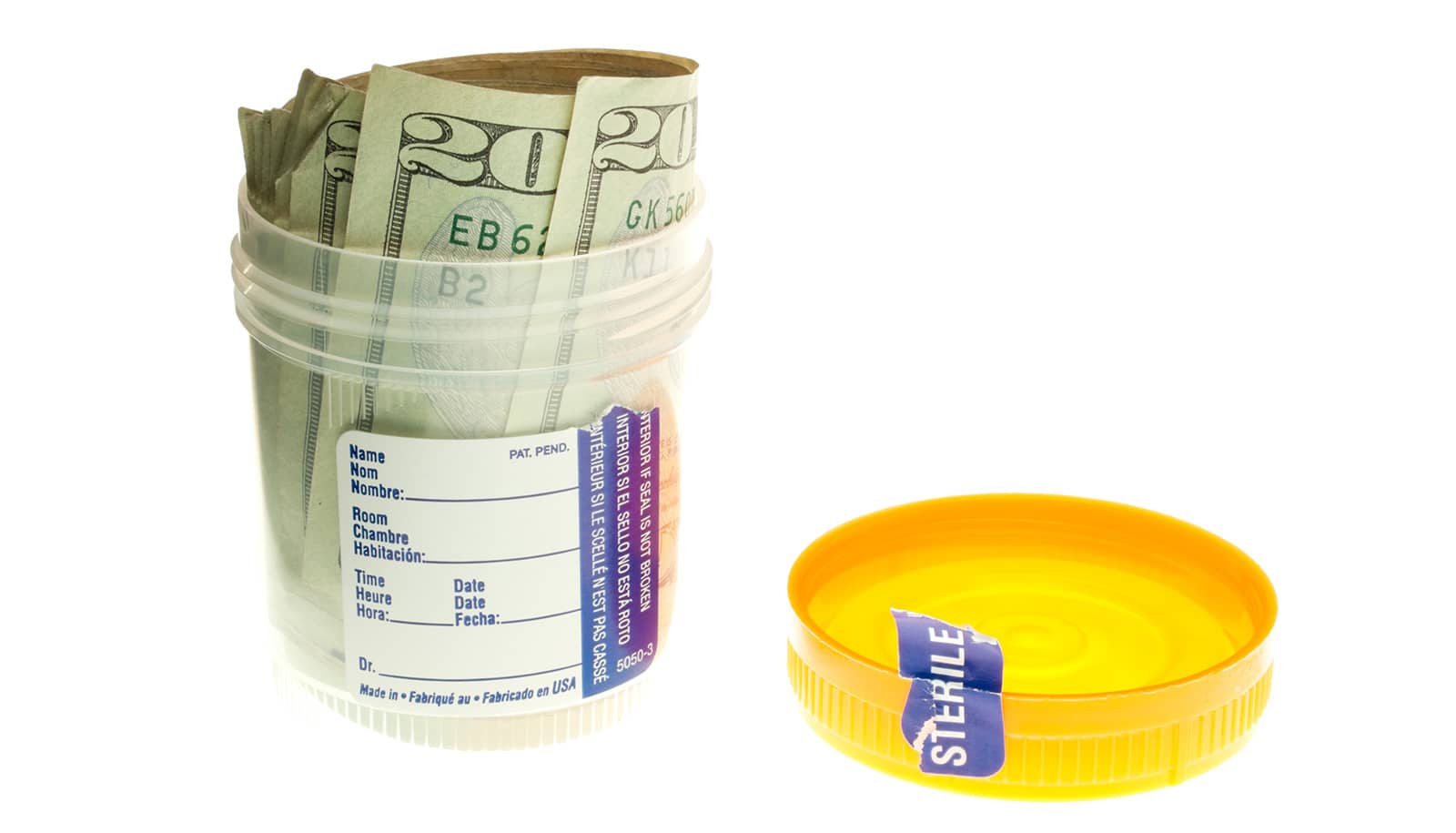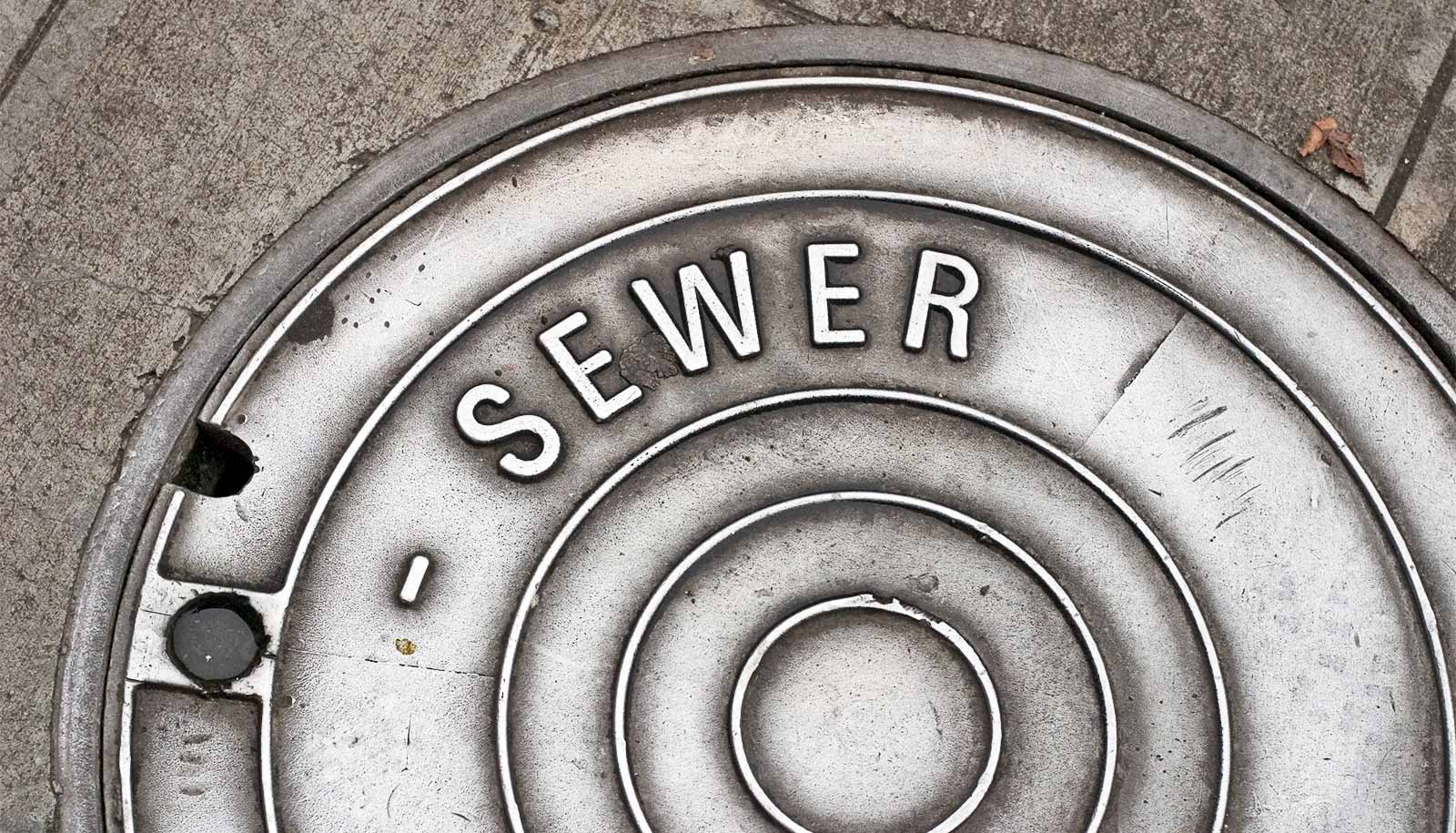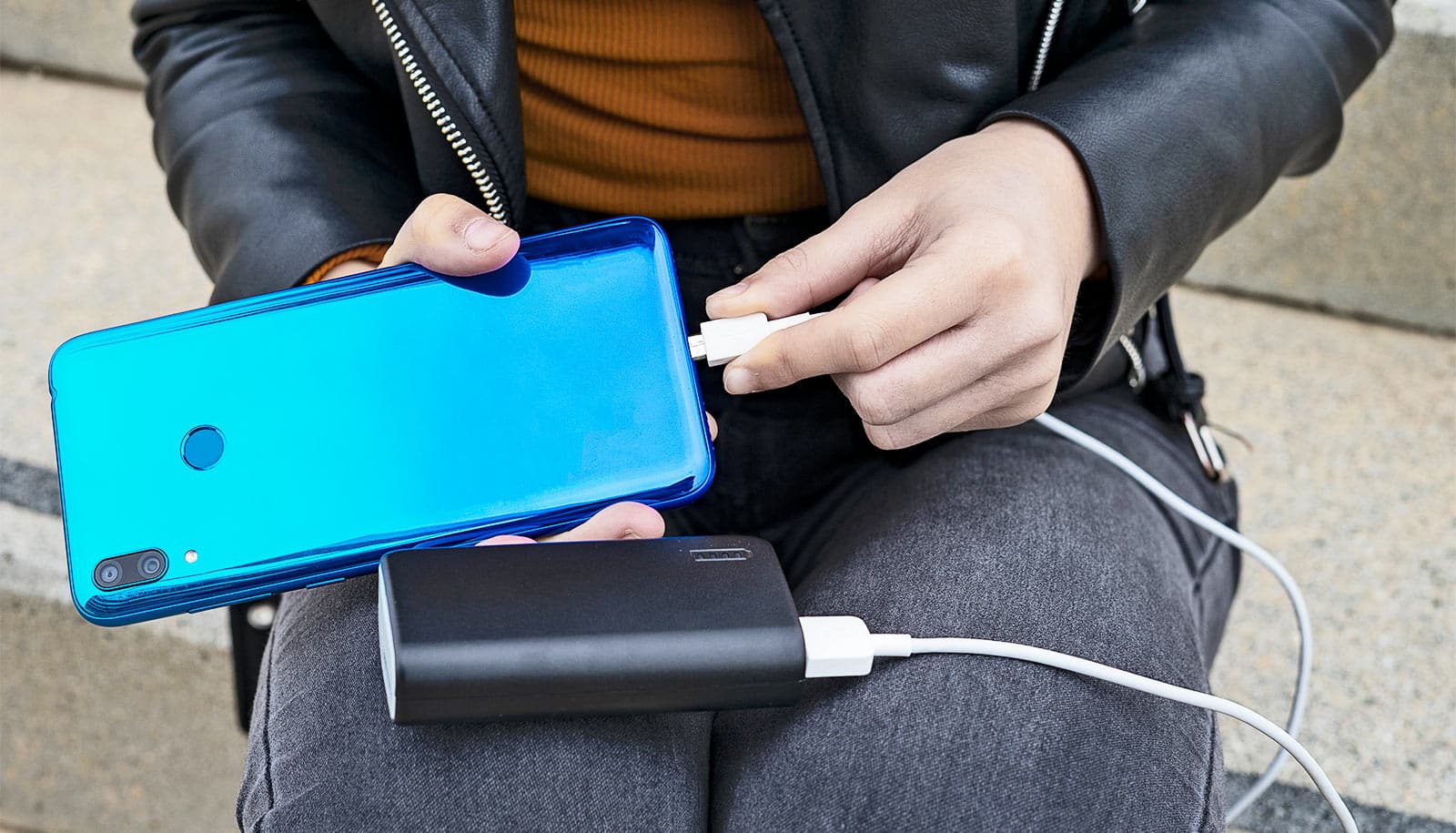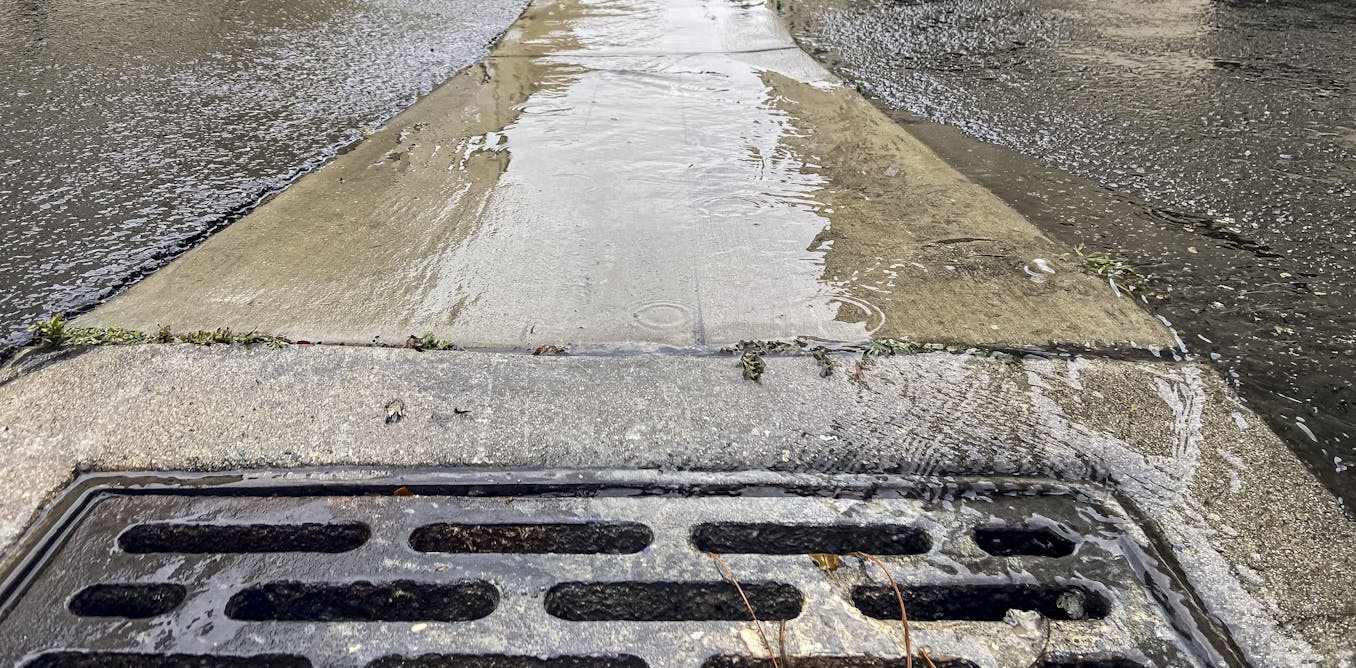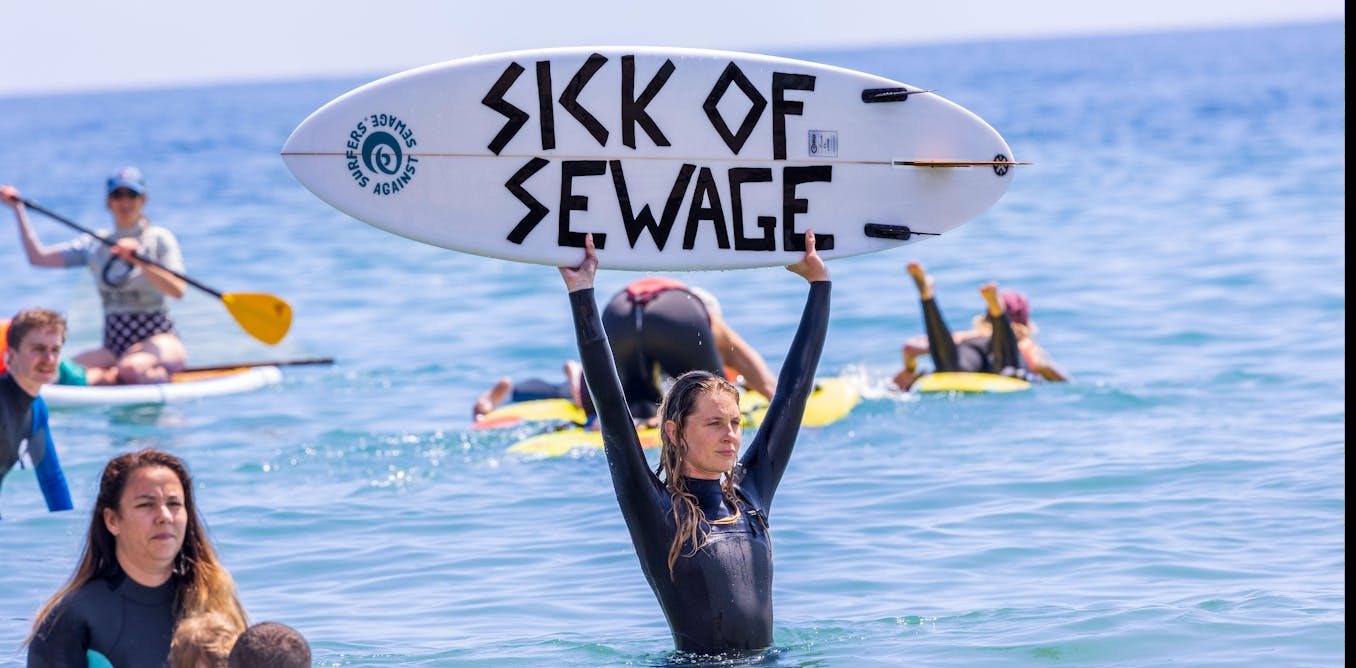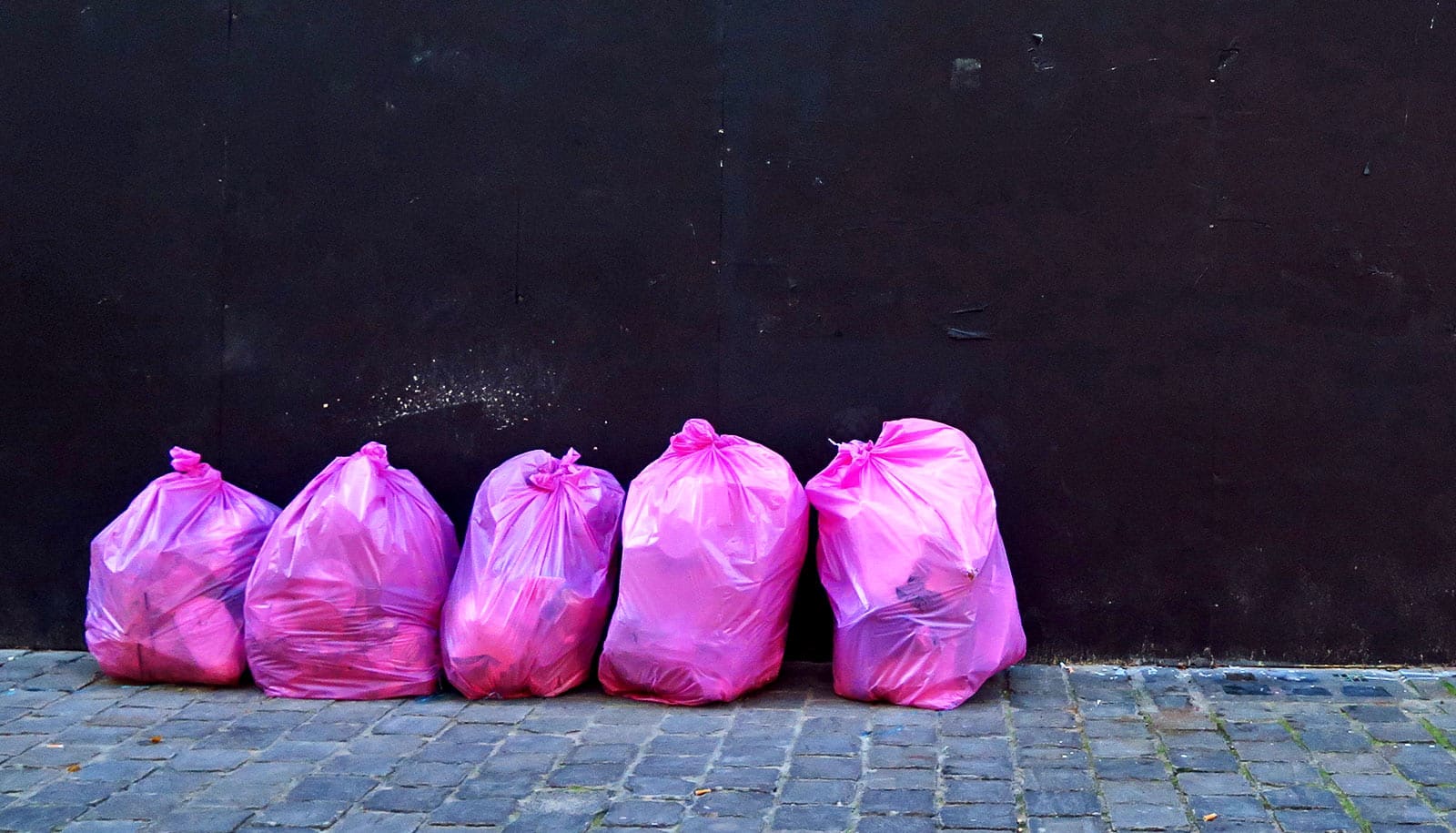How to detect more antimicrobial resistant bacteria in our waterways
Antimicrobial resistance is hard to monitor because there’s no standard way to detect it. Here’s how it could be better identified in rivers, streams and seas.
Zina Alfahl, Lecturer in Bacteriology, University of Galway •
conversation
Dec. 20, 2024 • ~7 min
Dec. 20, 2024 • ~7 min
Public health surveillance, from social media to sewage, spots disease outbreaks early to stop them fast
Rather than winging it when an unusual health event crops up, health officials take a systematic approach. The goal is to quickly figure out what’s going on and squash any outbreak before it spreads.
John Duah, Assistant Professor of Health Services Administration, Auburn University •
conversation
Nov. 21, 2024 • ~9 min
Nov. 21, 2024 • ~9 min
Wastewater surveillance reveals pathogens in Detroit’s population, helping monitor and predict disease outbreaks since 2017
Detecting infectious agents in sewage is only the first step. Researchers are working on developing reliable ways to translate surveillance measurements to case numbers and infection predictions.
Irene Xagoraraki, Professor of Civil and Environmental Engineering, Michigan State University •
conversation
June 12, 2024 • ~9 min
June 12, 2024 • ~9 min
As climate change amplifies urban flooding, here’s how communities can become ‘sponge cities’
US cities are doing green infrastructure, but in bits and pieces. Today’s climate-driven floods require a much broader approach to create true sponge cities that are built to soak up water.
Franco Montalto, Professor of Civil, Architectural and Environmental Engineering and Director, Sustainable Water Resource Engineering Laboratory, Drexel University •
conversation
May 7, 2024 • ~12 min
May 7, 2024 • ~12 min
/
5

